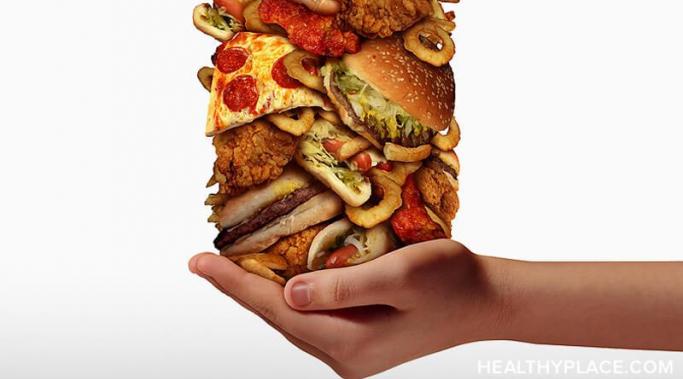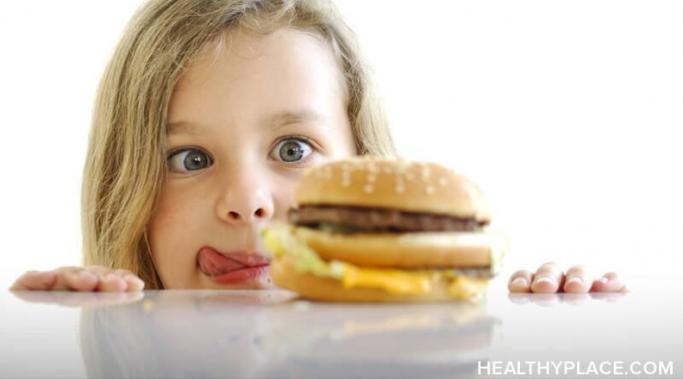Blogs
We need to rethink yoga. It’s no secret that yoga can effectively reduce anxiety. Yet, the irony is that many people feel intimidated or anxious about trying yoga. Today I have a way you can use yoga to reduce anxiety that anyone can practice and it really speaks to the heart of yoga. And the cool thing is it will get you breathing deeply without having to focus on your breath as you rethink yoga.
I started antipsychotic medication in my 20s as in my late teens and early 20s, my life was consumed by psychotic symptoms; it was isolating and scary. I suffered from auditory and visual hallucinations. I didn’t even know I was sick, but when I was eventually diagnosed with schizoaffective disorder, it came as a relief. Knowing it was an illness made it less frightening, and taking medication was life-changing. I was free and ready to pursue my dreams. Here’s a look at my life before and after starting antipsychotic medication.
Mental illness in youth can be triggered by many life events and it's not always easy to spot. After all, when you're a child, you're constantly discovering new emotions. But where do we draw the line? When do we decide that it's a little more than just the common emotions of growing up? The quicker we see mental illness in youth, the better.
I’m Daina Frame, and I’m excited to join HealthyPlace and Binge Eating Recovery to write about my recovery with eating disorders. I am 34 years old, and I have struggled with eating disorders for almost 20 years. I only began talking about my disorders a year ago. Until then, I hid everything from everyone I know. I had always feared being honest about binge eating, bulimia, and anorexia. I was ashamed and scared to talk about the truth. While I have been able to stop purging and restricting, I still am working through binge eating disorder. In addition to eating disorders, I am in the process of recovery for bipolar disorder, depression, anxiety, and posttraumatic stress disorder (PTSD).
Have you considered using the Family Medical Leave Act (FMLA) to help your mental health recovery? Many people with mental illnesses are employed, but working with a mental illness can be challenging. Stress can cause symptoms to break through, and there may be times when you need time off. Would your supervisor be supportive? Could you apply for benefits under the FMLA to help your mental illness recovery?
Here's how it feels when people tell you that your verbally abusive ex-boyfriend is a "nice guy." At first, it makes you doubt yourself, as if you could have made the whole thing up or that you must be overreacting. It feels as though the whole world is reinforcing the idea that well-established, charismatic men cannot possibly be held accountable for abuse. It's frustrating and maddening that no one is willing to recognize the pain he inflicted on you. You cry, shout, and doubt yourself some more. But then you stop being angry. You stop expecting others to understand. Instead, you nod and smile and make peace with what you know to be true. And here's to deal with it when your verbal abuser is a nice guy.
To be fair, the Stanford marshmallow study is itself not stupid. It is the way that it is reported that often leaves me frustrated. In the 1960s and ’70s, Stanford psychologists conducted a series of studies in which researchers placed a marshmallow (or another treat) in front of a child. They told him that he would receive a second treat if he could wait for 15 minutes while the researchers left the room. Follow-up "marshmallow" studies revealed that the children who could wait longer tended to be more “successful” than those who did not. Unfortunately, this is the kind of narrative people with attention-deficit/hyperactivity disorder (ADHD) know too well, and it is the kind of test they often "fail." ADHD and self-control is a big deal.
We need to take care of ourselves when facing mental health stigma. A little while ago, I was accused of pandering to mental health stigmatizers because in the blog in question I wasn't going for a throwdown against them. There is a reason for that, which is, even though I share tips how to fight stigma and approach stigmatizers, my main concern lies with the mental health community and the damage that can be done to the people in it when they see stigma all around them. We need to take care of ourselves.
Finding the right level of self-care for posttraumatic stress disorder (PTSD) shouldn't be that hard considering that self-care is a concept I read or hear about daily. The Internet is replete with self-care checklists and ideas for busy parents, overloaded students, and almost every mental health condition ever diagnosed. However, balancing my level of self-care with PTSD becomes lopsided because self-care frequently presents as an activity or item that is considered to be a treat. Manicures, chocolates, long baths, and time to read are common self-care suggestions. Personally, I find self-care to be more complicated, as it is not always about taking it easy on myself. Here is why I balance my indulgence level of self-care with PTSD against challenges.









